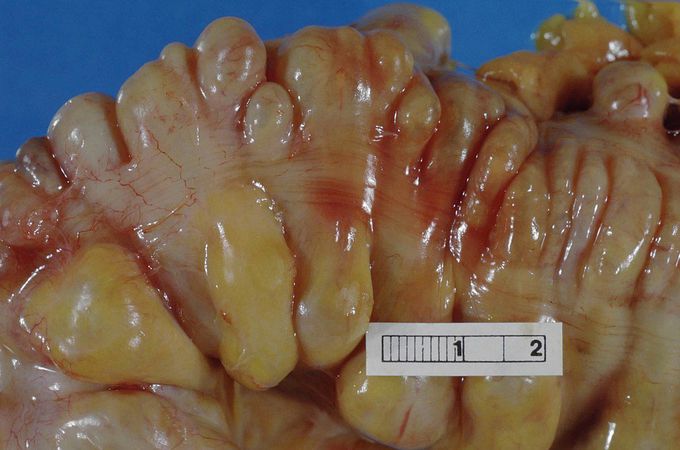


Treatment of diverticulitis
Treatment depends on the severity of your signs and symptoms. Uncomplicated diverticulitis If your symptoms are mild, you may be treated at home. Your doctor is likely to recommend: Antibiotics to treat infection, although new guidelines state that in very mild cases, they may not be needed. A liquid diet for a few days while your bowel heals. Once your symptoms improve, you can gradually add solid food to your diet. This treatment is successful in most people with uncomplicated diverticulitis. Complicated diverticulitis If you have a severe attack or have other health problems, you'll likely need to be hospitalized. Treatment generally involves: Intravenous antibiotics Insertion of a tube to drain an abdominal abscess, if one has formed Surgery You'll likely need surgery to treat diverticulitis if: You have a complication, such as a bowel abscess, fistula or obstruction, or a puncture (perforation) in the bowel wall You have had multiple episodes of uncomplicated diverticulitis You have a weakened immune system There are two main types of surgery: Primary bowel resection. The surgeon removes diseased segments of your intestine and then reconnects the healthy segments (anastomosis). This allows you to have normal bowel movements. Depending on the amount of inflammation, you may have open surgery or a minimally invasive (laparoscopic) procedure. Bowel resection with colostomy. If you have so much inflammation that it's not possible to rejoin your colon and rectum, the surgeon will perform a colostomy. An opening (stoma) in your abdominal wall is connected to the healthy part of your colon. Waste passes through the opening into a bag. Once the inflammation has eased, the colostomy may be reversed and the bowel reconnected.

